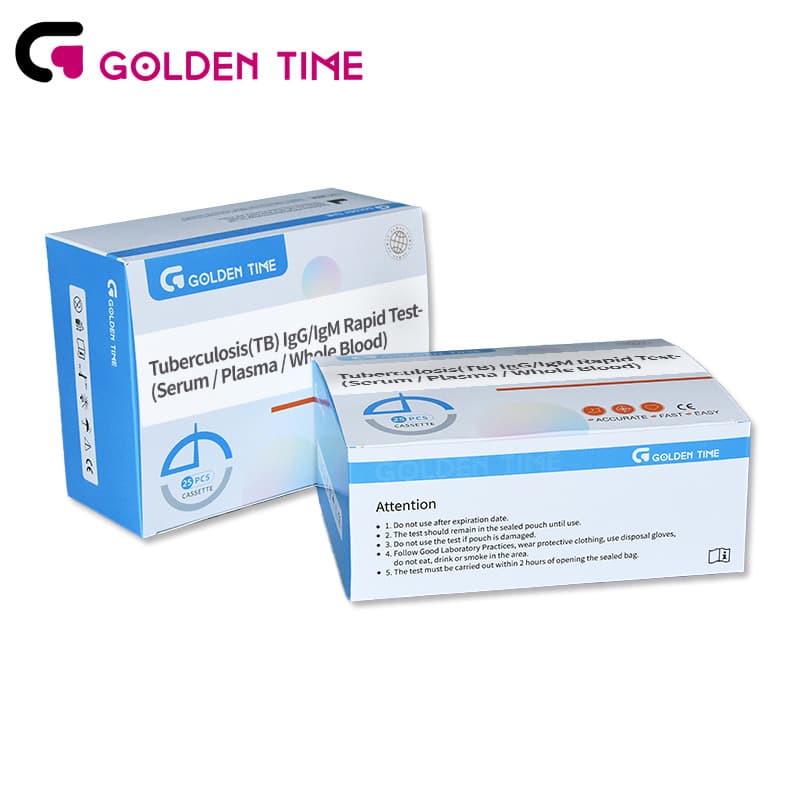Oct . 18, 2024 15:00 Back to list
h pylori test kits supplier
The Importance of H. pylori Test Kits A Comprehensive Guide for Suppliers
Helicobacter pylori, commonly referred to as H. pylori, is a type of bacteria that is found in the stomach and is recognized as a primary factor in a range of gastrointestinal disorders, including peptic ulcers, chronic gastritis, and even gastric cancer. The detection of H. pylori is crucial for effective treatment and prevention of these conditions, making the availability of accurate and reliable H. pylori test kits an essential aspect of modern healthcare. For suppliers in this niche market, understanding the significance of these test kits, their types, and the overall demand can help drive business success and improve patient outcomes.
Understanding H. pylori Testing
Testing for H. pylori is important for diagnosing infections and determining appropriate treatment options. There are several methods to test for H. pylori, and each has its own advantages and limitations
1. Non-Invasive Tests These include breath tests, serology tests, and stool antigen tests. - Urea Breath Test (UBT) This is a highly accurate method where the patient ingests a substance containing urea labeled with carbon. If H. pylori is present, it breaks the urea down, releasing carbon dioxide, which can then be detected in the patient’s breath. - Stool Antigen Test This test detects H. pylori antigens in the stool and is useful for both initial diagnosis and checking the eradication of the bacteria after treatment. - Serology Testing Blood tests are conducted to detect antibodies against H. pylori but may not be as reliable for current infections due to the potential for past exposure.
2. Invasive Tests These include endoscopy with biopsy. - Endoscopic Biopsy During an endoscopy, a small sample of the stomach lining can be taken and tested for H. pylori. This method is typically used in more severe cases or when other gastrointestinal issues are being investigated.
The Role of Suppliers in H
. pylori TestingAs a supplier of H. pylori test kits, it is crucial to offer high-quality products that meet the stringent requirements of healthcare providers. Several factors are essential for suppliers to consider
1. Quality Assurance Test kits must adhere to strict regulatory standards and should undergo rigorous testing to ensure accuracy and reliability. This includes obtaining certifications from regulatory bodies such as the FDA or CE marking in Europe.
h pylori test kits supplier

2. Diversity of Product Offering Suppliers should provide a range of test kits to meet the varying needs of healthcare providers. This could include both invasive and non-invasive testing options, as well as different formats suited to different clinical environments.
3. Distribution Channels Establishing efficient distribution channels is key to ensuring that healthcare providers have timely access to test kits. This can involve working closely with laboratories, hospitals, and clinics to address their specific needs and supply requirements.
4. Education and Support Providing educational resources and training for healthcare professionals on how to properly use the test kits can enhance their effectiveness. This may include usage protocols, interpretation of results, and guidelines for treatment options following diagnosis.
Market Trends and Demand
The demand for H. pylori test kits is on the rise due to increasing awareness of gastrointestinal health and the prevalence of H. pylori infections worldwide. The World Health Organization has linked H. pylori to various diseases, fueling the need for accurate diagnostic tools. Additionally, the growing trend of preventive healthcare and routine screenings is aiding in elevating the need for these test kits.
Furthermore, advancements in technology are leading to the development of more sophisticated and user-friendly test kits. Rapid testing options that yield quick results are particularly appealing in outpatient settings, where time efficiency is crucial. Suppliers who invest in innovative technologies and streamline their product lines will likely stay ahead in this competitive market.
Conclusion
In conclusion, suppliers of H. pylori test kits play a vital role in the healthcare landscape. By providing reliable, high-quality testing options, they contribute significantly to the early detection and treatment of H. pylori-related diseases. With the increasing demand for such products, suppliers have the opportunity to expand their market presence while promoting better health outcomes for patients worldwide. Understanding the nuances of the market, ensuring quality, and providing comprehensive support will position suppliers for success in this critical area of healthcare.
-
Accurate Benzodiazepines (BZO) Rapid Test Kits | Fast Results
NewsAug.27,2025
-
Trusted Early Pregnancy Test Kit Supplier | Accurate, Fast Results
NewsAug.26,2025
-
China Sterile Nylon Flocked Throat Swabs: Superior Sample Collection
NewsAug.25,2025
-
COVID-19 Rapid Antigen Test Kit: Accurate & Fast Home Results
NewsAug.24,2025
-
Premium Cassette Lateral Flow Devices for Rapid Diagnostics
NewsAug.23,2025
-
Pregnancy Test Calculator: Know Your Weeks, Week by Week
NewsAug.22,2025

